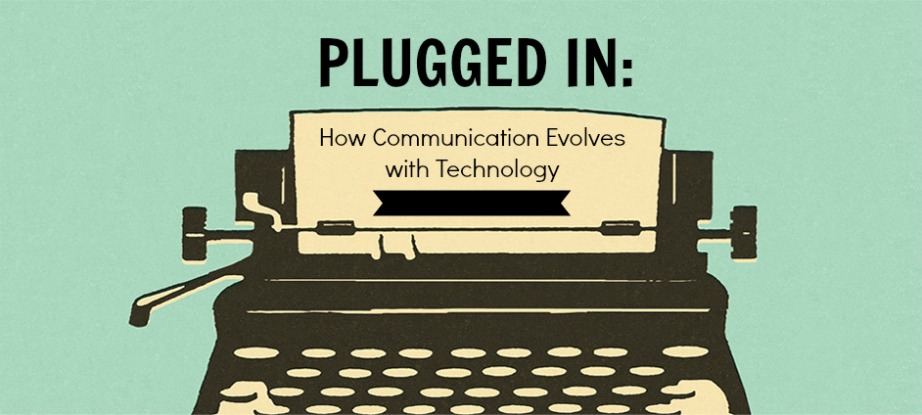I wasn't particularly surprised at his departure from the topic at hand (which, at that time, was the construction of Taylor Polynomials). An interesting character, he often inserted stories, quips, and opinions from his own life into our class. What I was surprised at was at his statement--and at the certainty with which he made it. Turns out, he'd been recently reading the book, Reclaiming Conversation: The Power of Talk in the Digital Age. In it, the author describes how the advent of digital technology made communication more remote and impersonal and made face-to-face conversation more or less obsolete.
My first gut instinct was to reject that statement--how could digital technology, which has made networking and communicating so accessible to the world, impede "real communication" and conversation? How could we claim that communication, an integral part of humanity, was collapsing?
But the next day, I saw my peers disengage from important classroom discussions by covertly playing games on their computers. I read an article that blamed Tinder, a dating app in which people express likeability by swiping right or left on a picture, for taking away the novelty of dating and promoting a judgmental, impersonal hookup culture. I began to wonder if the author--and my Calculus teacher--were onto something.
Since I wasn't quite sure of my stance on this issue, I'd like to start this blog to investigate the effects of digital technology on our evolving methods of communication. The scope will be pretty broad--I'd like to cover everything from the effects of technology on teacher-student communication in the classroom to our digital dating culture to the effect of social media on presidential elections--but even with the varied topics, I'll strive to cover them all in a way that answers this question: how does the use of this technology affect our ability to communicate and form relationships with others?
As a high school senior who thrives on conversations, who loves studying linguistics and foreign language, I am very acutely aware, like many millennials, of the role that effective communication will have to play in our increasingly globalized--and technological--world. By exploring the effect of technology and communication, I hope to reach out to both peers of my generation and adults alike through topics that affect us all, such as relationships, politics, psychology, and education. Through synthesizing multimedia sources and my own observations as a teenager, I provide a bit
more clarification on how our technology affects the relationships we create and the lives we build.
Word Count: 445
